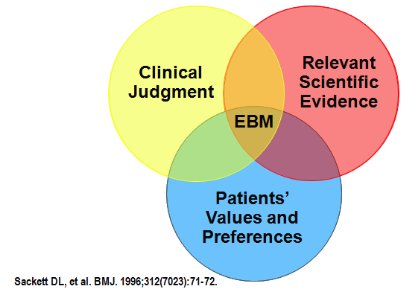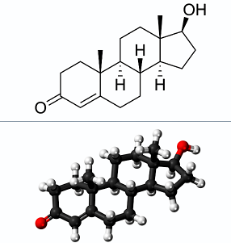


Evidence Review of Gender‑Affirming Care ordered by Utah Republicans finds it's safe and beneficial
Background In 2023, Utah enacted a moratorium on gender‑affirming care for minors and mandated a systematic evidence review. Released in May 2025 (1,051 pages), the report was produced by the University of Utah’s College of Pharmacy Drug Regimen Review Center
Key Findings
- Gender‑affirming interventions (puberty blockers, hormone therapy, counseling) are linked to positive mental health and psychosocial outcomes
- Lower risk of suicide among youths who began care before age 18 versus those who began as adults
- Safety profile: No major harms; physiological changes (bone density, cardiovascular factors, cancer markers) remain within normal ranges
- Report reviewed 277 studies involving 28,000+ transgender youths
Recommendations for Care & Research
- If moratorium lifted, create a Hormonal Transgender Treatment Board to oversee clinical standards
- Implement an explicit informed‑consent process with age‑appropriate education
- Require multidisciplinary teams (endocrinologists & mental‑health professionals) with medical oversight
- Encourage ongoing, high‑quality observational research to monitor outcomes
Cass Review (UK, 2024)
- Led by Dr. Hilary Cass for the NHS, the review concluded evidence for puberty blockers and hormones was weak or inconclusive, citing concerns about bone health, cognitive effects, and urging care only in research settings
- It recommended more robust psychosocial support and clearer clinical pathways
Utah Report’s Take on the Cass Review
- The Utah team analyzed and critiqued the Cass Review, labeling it as politically influenced and methodologically weaker.
- Utah emphasized its own review as more rigorous, using peer‑reviewed, trans‑specific data
- Conclusion: Utah’s data supports regulated clinical care—not limited to research settings—contrasting sharply with Cass.
Geek‑Out Summary
Utah’s report is a rigorous, data‑driven challenge to critiques like the Cass Review. It supports gender‑affirming care under structured medical oversight, calls for informed consent, and urges ongoing research—essentially saying: affirming care works, safely within proper clinical systems—not confined to research silos.
Read the full report yourself here UTAH Evidence Review 2025
Geek Out Contributor: Olivia Donaghy, GHA Psychologist
.svg)




